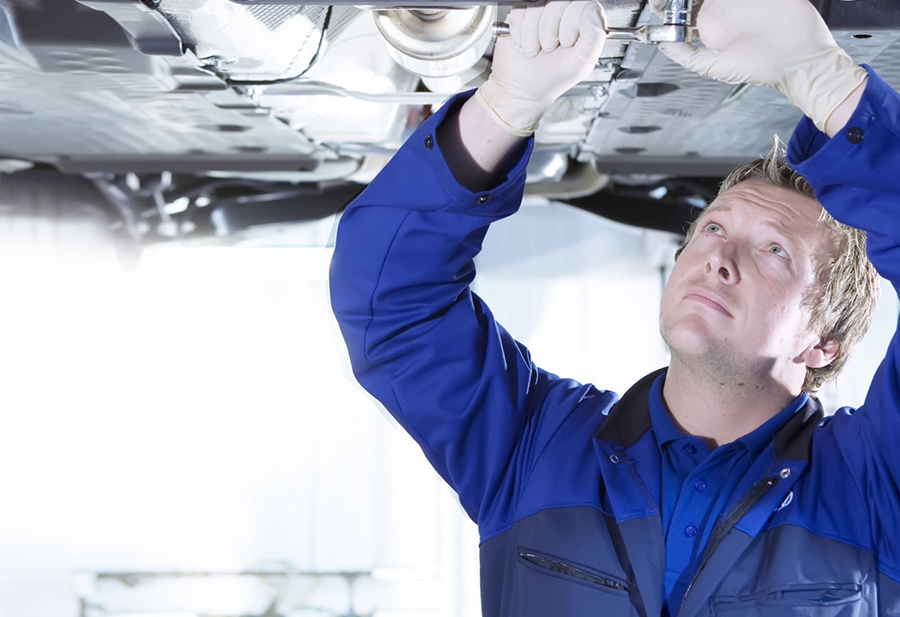PLEASE SELECT YOUR TYRE SIZES
...OR PLEASE ENTER YOUR REGISTRATION
For your size you can check the driver’s side door or inside the fuel door for a sticker that lists your vehicle’s tyre size and recommended inflation pressure.
What do the markings mean on the side of my tyre?
As illustrated on the right we have an example of a tyre size 215/60 R16 91V:
- 215: This is the tyre width in millimeters.
- 60: This is the height or profile of the tyre sidewall (aspect ratio), expressed as a percentage of the tread width. In this case, the height of the tyre sidewall is 205×0.55 = 112.75mm.
- R16: Here’s the diameter of the wheel rim, measured in inches – the wheel rim is 16″ in this case.
- 91: This is the ‘load rating’ of the tyre. It’s a measure of the maximum weight it can support. 91 denotes a load rating of 615kg.
- V: The speed rating of the tyre. I.E. the maximum speed at which the tyre can support maximum load. This should be higher than the maximum speed of the car. In this case, ‘V’ means a speed rating of up to 149mph.


Car Tyres
Tanvic have over 150,000 Tyers in stock at any time!
With over 40 years experience of selling tyres, Tanvic Tyre and Service Centre believe we can offer the best prices and advice on all makes and tread patterns for Car tyres, Van tyres, 4x4 tyres, Winter tyres and Caravan tyres.
FIND OUT MORE
Vehicle Servicing
Regular routine maintenance of your vehicle is essential!
Most car owners service their car every year or 12,000 miles - whichever comes sooner. Different vehicles require different servicing levels depending on the age, make and model of vehicle; please refer to your manufacturer's handbook..
FIND OUT MORE
MOT Testing
Experience, expertise and efficient!
Tanvic have an experienced, dedicated team of qualified MOT staff always ready to help you with MOT testing, MOT repairs and all other MOT related services, including same day MOT services.
FIND OUT MORE

Original Equipment Tyres
Get the best knowledge and tools from an independent garage
We also stock most leading OE brand names along with many economy ranges and our ‘House’ brands and competitive prices. With over 150,000 items in stock at any time we are sure we will have something to suit your tyre needs.
Tanvic has also invested in brand specific dealer level tools for Volkswagen, Seat, Skoda, Audi, BMW, Landrover, Renault. This means that we can look after your vehicle with the knowledge and tools that will keep your warranty right
Wheel Alignment

Incorrect wheel alignment shortens the life of your tyres!
The purpose of having your wheels aligned is to reduce tyre wear, and to ensure that vehicle travel is straight and true (without "pulling" to one side).
Having your wheels aligned will produce the least amount of rolling resistance, the least amount of tyre wear and the greatest amount of traction.
Tanvic offer FREE wheel alignment checks at all of our centres!
Dont just take our word for it, here are some recent Google reviews...
Ghislaine Grey
Great service by Tanvic. Everyone very helpful & they explained everything so I could understand. Nothing was done before consulting me & options were given. Highly recommend them
Ian Moorhouse
Booked my car in for an MOT and due to some complications with the brakes and callipers that needed replacing, obviously it failed first time, but they pulled out all of the stops and got my car retested and passed after closing time. Just wanted to give a special mention to Steve & Dan along with Gary for their assistance today, first class service.
Layla Toms
These guys literally saved my life today! Jay actually ran after me to help after I had given up hope and was on my home. They have squeezed me in to help me get away on holiday in a safe van! Friendly people! Yes I can attitude! Will definitely return. Thank you Tanvic
Essential tyre care tips to ensure the longevity and safety of your tyres
Keeping your tyres in good condition is essential for several reasons...Read our full Tyre Tips here
